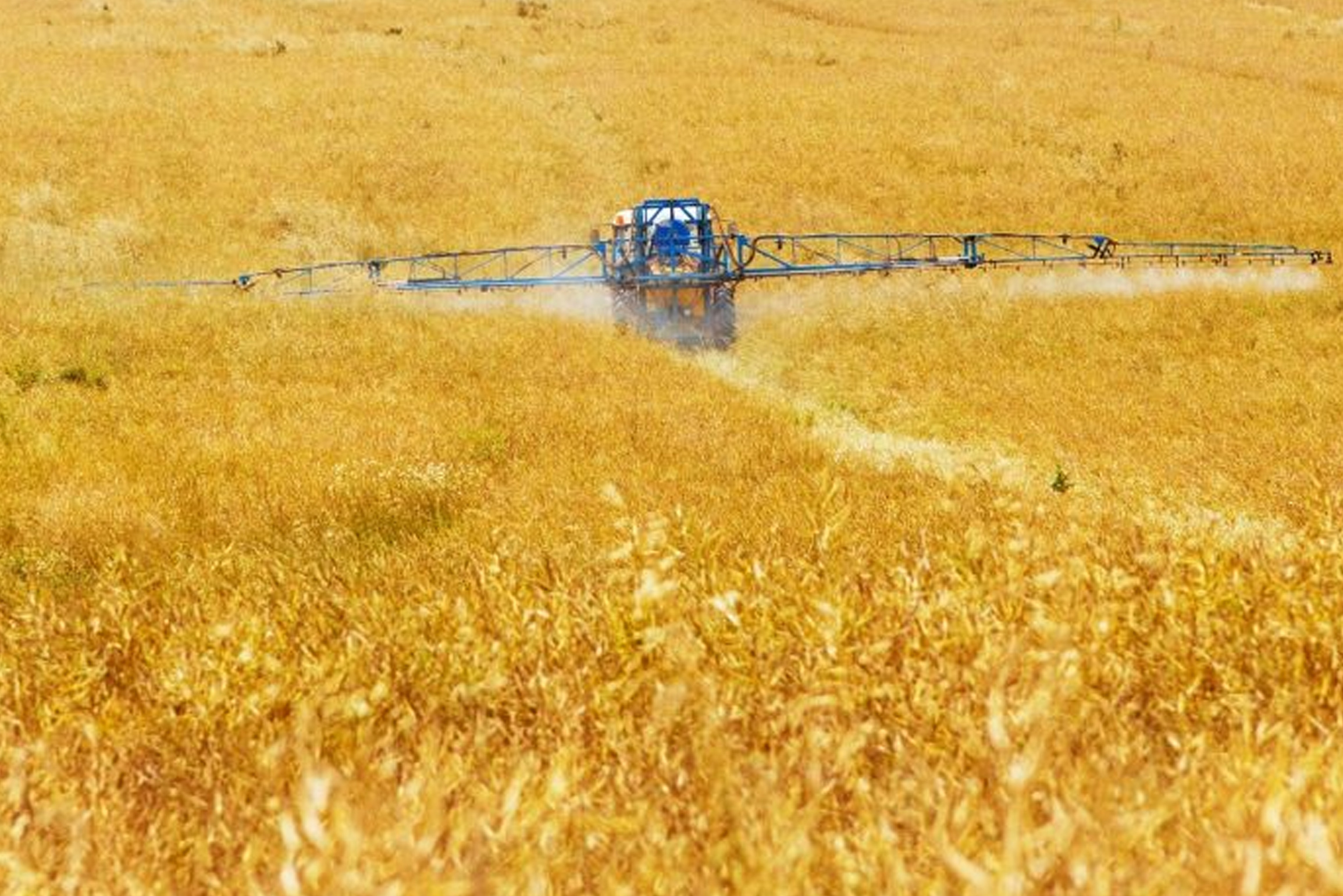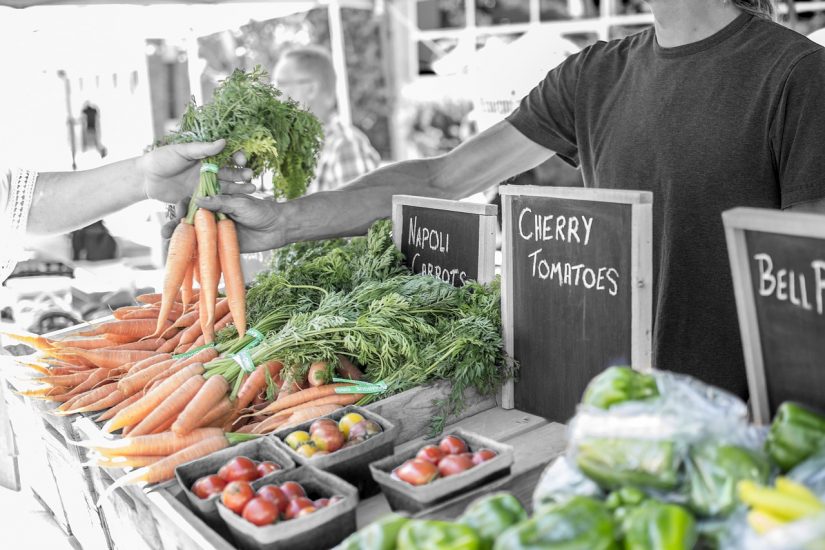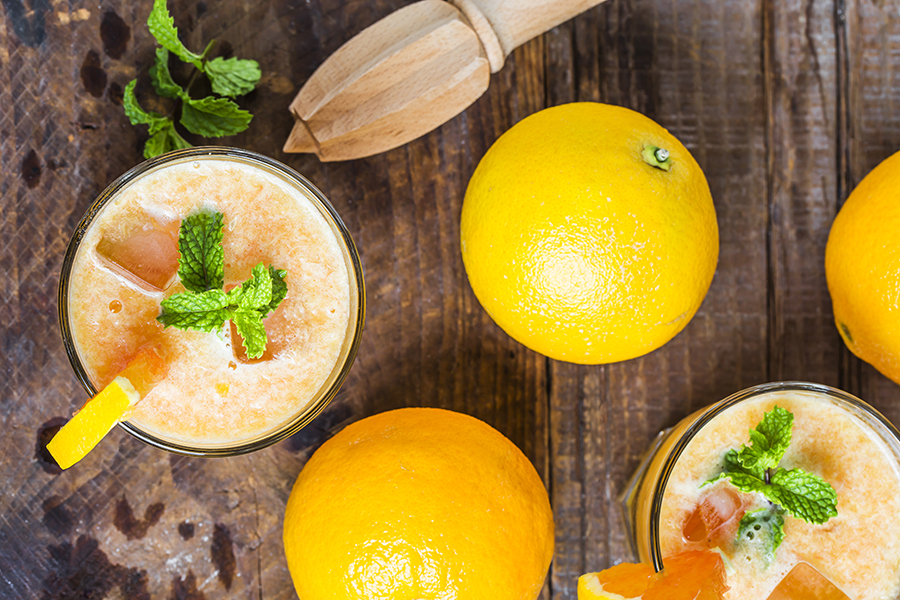Millennials Go Organic
The millennial generation, born between 1980 and 2000, is revolutionizing trade in the organic sector. They buy more organic products because they are much more interested in their health.
It’s really important for them to know where the products they buy come from, if food has been treated with chemicals, or cultivated with pesticides, etc.
Besides, there is a fundamental fact. Many of the people belonging to this generation are being mothers and fathers, and they worry a lot about the food they give to their children. They consider that they take better care of them and are better parents if they opt for healthy, organic food.
According to Diego Roig of Ecological.bio ” ‘Millennials’ consider that, given the increase in allergies or intolerances related to food, these products are the best option for their children.”
The millennial generation culture, a great revulsive for the organic food sector.
On the one hand, it helps to change the perception we have of organic food consumption since they are normalized and are not perceived as the type of products consumed only by a few, but by people who are responsible for their health through food.
On the other, we can begin to take steps in society so that the consumers perceive as a necessity and something truly important the fact of knowing what they buy and what products they take home.
This generation is laying the foundations not only for the present of organic food, but also for the future, since their children will know the benefits of these foods.
However, one of the problems that this millennial generation continues to encounter, and all the people who choose and decide to take care of themselves buying organic products, is the lack of accessibility to these products and the price, they are not affordable for everyone.
Organic Boosting believes that the great challenge of organic food is to reduce prices.
But how to do it? The answer is logical. If we reduce the cost per unit produced, and we go directly to the markets without intermediaries, we will get lower sales prices, and higher sales.
In addition, organic producers must become global and increase their sales to achieve economies of scale and recover all investments in technology made.
Organic Boosting has developed a range of services for both producers and buyers, with the sole objective of making the organic products accessible to consumers both in price and in points of sale.
With the producer acts as an external export department, or as a complement to the own export department. Likewise, Organic Boosting prepares brands to go international, advises and guides them in the international adventure.
With the buyer acts as a purchasing department, selecting the best products, and the winning brands, in addition, to the staff training.
Organic Boosting great added value is that we put the producer and the buyer directly in contact with the minimum number of intermediaries, in this way they can lower the prices on points of sales’ shelves and attract more consumers.
There is a great potential demand for organic products, however, it is held back by the price of the products. All efforts should be directed to reduce the unit cost of production and go directly to the markets through the essential number of intermediaries.
Organic Boosting wants to democratize the access to organic. Organic means healthy, respectful with the environment, and animal welfare, quality and tasty food,with no additives, no pesticides, no GMOs, no antibiotics.








